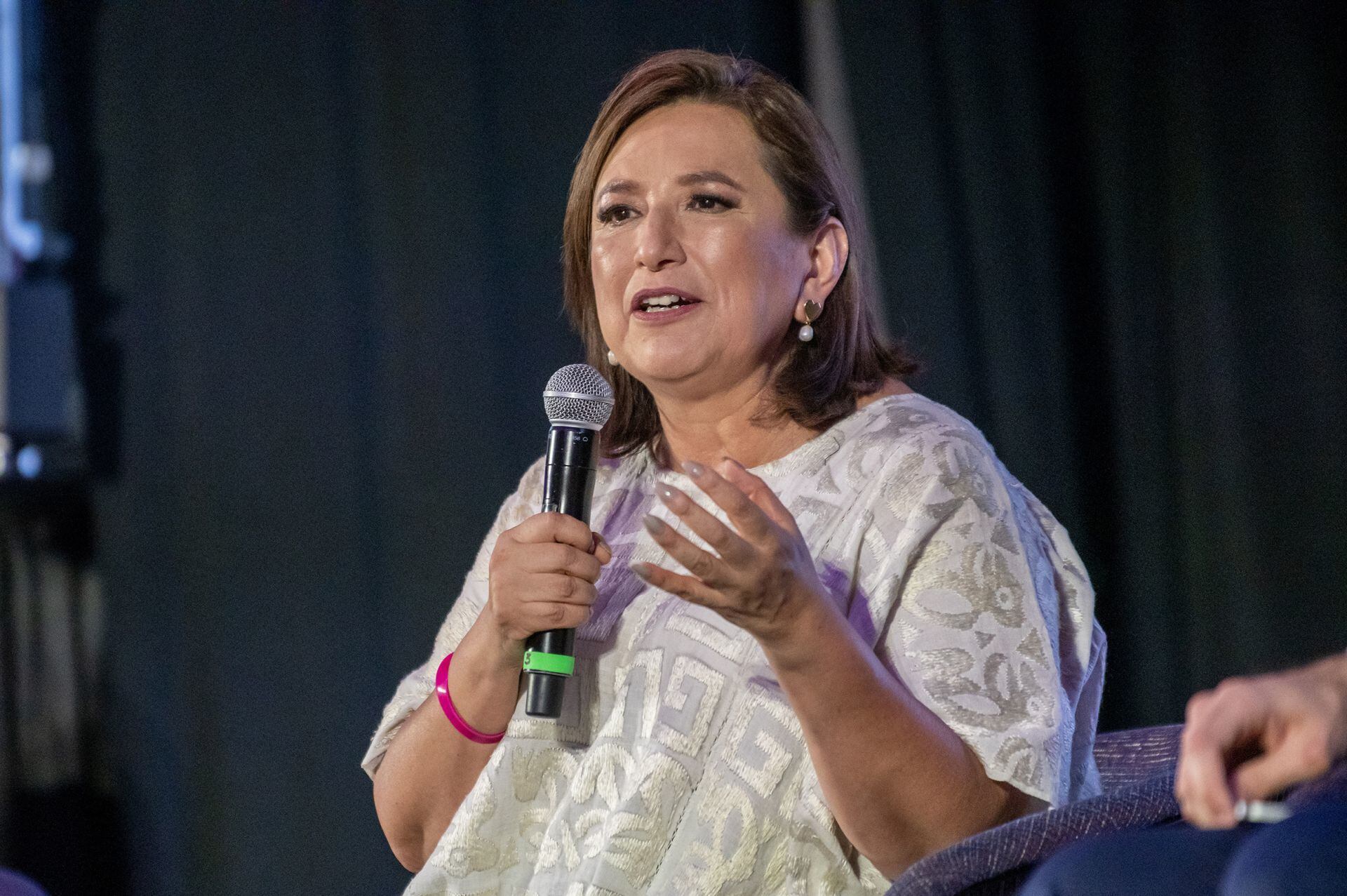
The author is Executive President of Mexicanos Primero.
On Wednesday, May 8, the event 10 for Education was held, in its third edition, convened by several civil society organizations specialized in educational issues. In this third edition, previous ones carried out in the 2012 and 2018 electoral processes, it was and is proposed as an exercise to expand the conversation on educational matters with the candidates for the Presidency of the Republic.
The reason for launching this effort in each electoral process, in addition to being valuable as an exercise in transparency, invites, through 10 questions about education, to move the gaze from the educational campaign proposals, in the style of photographs, towards a possible concatenation of the various ideas and proposals towards the construction of a possible educational agenda for the candidates, film style. Two of the three candidates were presented, and in a couple of hours, the presidential candidate of the Fuerza y Corazón coalition and the candidate for Movimiento Ciudadano expanded their views on the challenges and opportunities of education as a lever of transformation in Mexico.
Candidate Xóchitl Gálvez addressed several key aspects of the educational system in Mexico. She addressed topics such as the socio-emotional approach, participation in international assessments, highlighting the importance of improving the teaching of mathematics and the promotion of reading. She spoke about the coverage and equity agenda, highlighting the urgent participation and municipal co-responsibility in preventing school dropouts. She raised the need for inclusive initial education, with a nutritional focus and support for parenting and early childhood.
He mentioned the urgency of rethinking the relationship with teachers, unions and transparency in the allocation of places. He emphasized the importance of investing in educational infrastructure and pedagogical strategies to prepare students for the world of work, including the revaluation of technical education. She commented on the gender gap in STEM and the need to combat systematic violence against women in schools. Finally, the importance of evaluation and transparency in public spending is raised, prioritizing the educational budget to combat poverty and criticizing the lack of investment in education in the current administration.
For his part, candidate Jorge Álvarez Máynez raised the need to modify the educational model in basic education so that it stops being an ideological mechanism and focuses on a constructivist model that promotes learning through fun. He commented on the importance of evaluating this model with the INEE approach, seeking perspectives of inclusion and equity, and allocating 100 billion pesos to educational infrastructure. He addresses school dropout and equity, highlighting initiatives such as “Nuevo León Learn” and “Jalisco ReCrea,” along with the implementation of scholarships and programs to address socioeconomic factors that fuel dropout. He proposed doubling the budget for early childhood, implementing breastfeeding permits and school breakfasts with a nutritional focus, as well as accompanying them with a care system. In the field of teaching, he insisted on avoiding punitivism and guaranteeing criteria of equity, support for beginning teachers and reforming promotion in the teaching career. In addition, he suggested increasing investment in school infrastructure, addressing mental health in secondary and higher education, promoting dual education and gender equality, and reintegrating/maintaining international assessments such as PISA. Finally, the candidate advocated the urgency of tax reforms to increase the education budget, using green taxes and regulating products such as processed foods and tobacco.
Candidate Claudia Sheinbaum did not attend, canceling her participation a few hours before. Unfortunately, we were left with two films and not three as expected. People interested in the educational agenda have accompanied various electoral processes for several decades. The relationship between those interested in the educational agenda and future decision makers needs to move away from prejudices. Education in Mexico is enriched by visions, not by isolation and distance.
